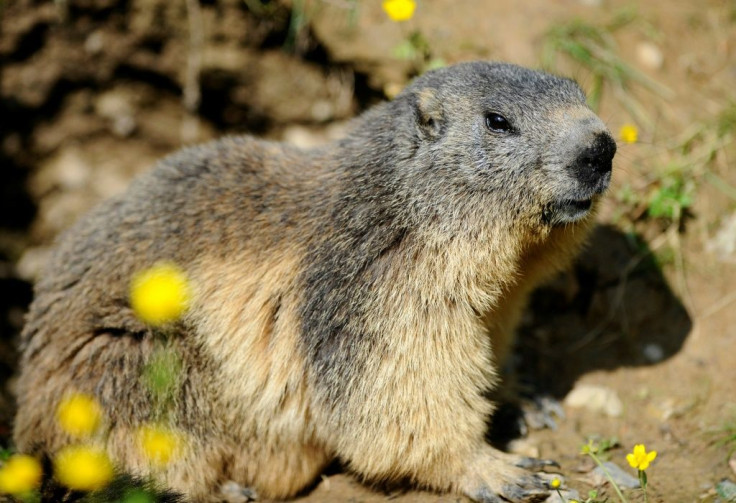Bubonic Plague In 2020? Disease Kills Teenager In Mongolia, Government Locks Down Region
New health worries have surfaced as a teenage boy in Mongolia has died of the bubonic plague. The Mongolian health ministry confirmed the news Wednesday, also reporting that two other infected teens were receiving treatment for the disease which caused the Black Death in the 14th Century.
In response to the infections, parts of the Gobi-Altai province where the disease has appeared have been quarantined. About 15 other people known to have interacted with the dead teenager are being preemptively treated with antibiotics.
Mongolian officials have urged citizens to avoid hunting and eating marmots, or other dead mammals, until the end of 2020 while the potential outbreak is handled. The bubonic plague is known to occur in large burrowing rodents that live in the Asian grasslands, including portions of Mongolia, northwest China and eastern Russia.
The disease was also recently reported in China’s Inner Mongolia province. The patient is reportedly making a recovery and several contacts are being treated preemptively, according to the Xinhua News Agency.
While no cases have been confirmed in humans, several squirrels in Morrison, Colorado, tested positive for bubonic plague over the weekend. Health officials say the risk of transmission is low as long as precautions are taken by residents to distance themselves and their pets from wild animals.
The Black Death, which killed around 50 million people across Eurasia and North Africa, is considered among the deadliest pandemic in human history. It was also later responsible for the “third plague pandemic,” a pandemic that originated in the Yunnan Province in 1885 killed 12 million people across China, Mongolia, and India.
The disease typically takes hold 1-7 days after exposure, with symptoms including fever, headaches, and vomiting. While never as prominent as in centuries past, the Plague is known the occur in several Asian and African nations, with over 3,200 cases and 584 deaths reported from 2010 to 2015.

© Copyright IBTimes 2024. All rights reserved.




















